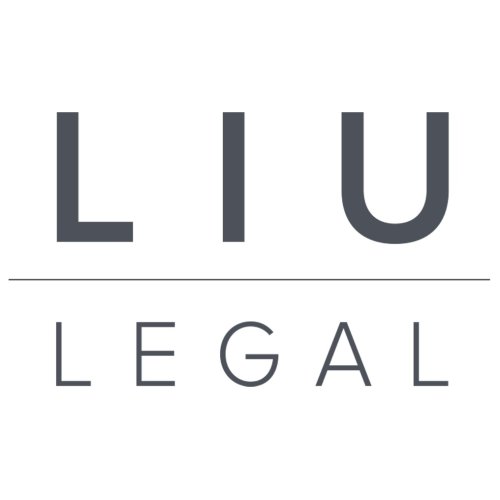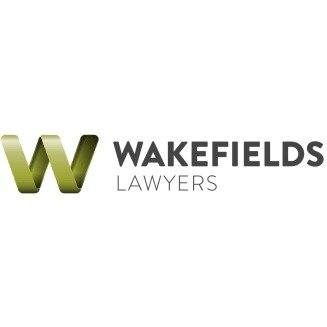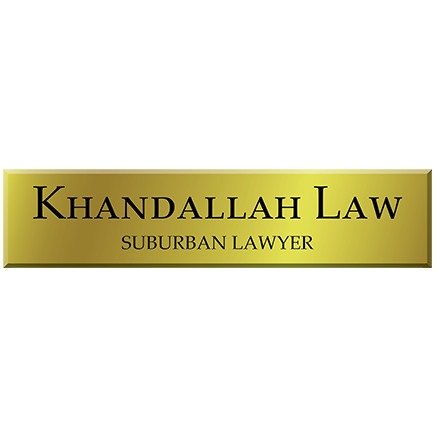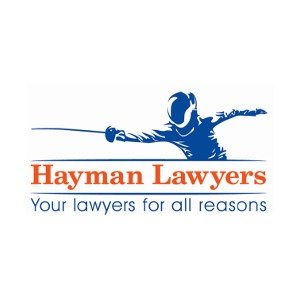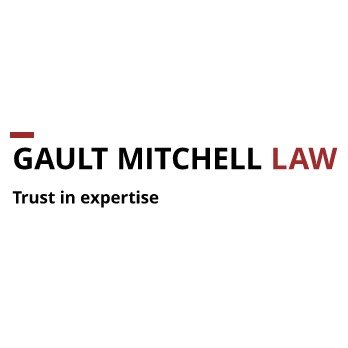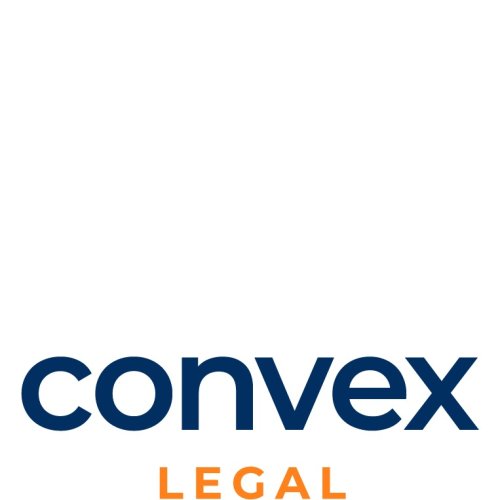Best Commercial Real Estate Lawyers in Wellington
Share your needs with us, get contacted by law firms.
Free. Takes 2 min.
Free Guide to Hiring a Real Estate Lawyer
List of the best lawyers in Wellington, New Zealand
About Commercial Real Estate Law in Wellington, New Zealand
Commercial real estate law in Wellington, New Zealand, governs the buying, selling, leasing, and development of commercial properties. Wellington, as the capital city, offers a vibrant real estate market, catering to a range of businesses from offices to retail spaces. Given the diverse nature of the market, legal expertise in this field ensures that transactions adhere to New Zealand's strict regulatory standards and that investor and buyer interests are protected.
Why You May Need a Lawyer
There are several common situations where you might require legal help in commercial real estate:
- Property Transactions: Buying or selling commercial property involves complex contracts and significant financial commitments that require legal oversight to ensure a fair and binding agreement.
- Leasing Issues: Whether you're a landlord or a tenant, understanding lease terms, negotiation, and enforcement are crucial to protect your interests.
- Dispute Resolution: Conflicts can arise over property boundaries, construction, and lease terms, necessitating legal intervention to resolve disputes amicably or through litigation.
- Property Development: If you're developing property, you need to comply with zoning laws, building regulations, and resource consents which require a legal expert’s guidance.
- Financing and Mortgages: Lawyers can provide advice on financing options, including drafting loan agreements and ensuring compliance with lending laws.
Local Laws Overview
Commercial real estate in Wellington is subject to a range of local laws, including:
- Resource Management Act (RMA): Governs land use and environmental impacts, essential for property development.
- Property Law Act: Governs real estate transactions and outlines the legal requirements for transferring property.
- Building Act: Sets standards for all building work and ensures that buildings are safe and sustainable.
- Unit Titles Act: Relevant if buying or managing commercial property that is subdivided into units and involves shared ownership.
- Local Zoning Regulations: Define the permissible uses of land, impacting potential development and business operations.
Frequently Asked Questions
What is the role of a commercial real estate lawyer in transactions?
A commercial real estate lawyer reviews and drafts contracts, ensures due diligence is conducted, advises on compliance with local laws, and represents clients in negotiations and settlements.
How does lease negotiation work?
Lease negotiation involves discussing terms like rent, duration, renewal options, and maintenance responsibilities. A lawyer can help secure favorable terms and ensure compliance with relevant laws.
What should I know about zoning laws?
Zoning laws determine how property can be used. Lawyers can assist in understanding these laws and obtaining any necessary permits for property development or business operations.
Can I challenge a local council’s zoning decision?
Yes, property owners can challenge zoning decisions or apply for zoning changes through the appropriate local council channels, often needing legal representation during the process.
What are the steps to resolve a commercial property dispute?
Dispute resolution can involve negotiation, mediation, arbitration, or litigation, depending on the issue, with each step requiring legal expertise to navigate effectively.
How does property development work in Wellington?
Property development involves acquiring land, obtaining necessary consents, and adhering to the Building Act and RMA, often requiring legal consultation to ensure compliance.
Are there specific environmental regulations I need to be aware of?
Yes, the RMA requires property developers to assess environmental impacts. Lawyers can assist in ensuring compliance and obtaining necessary consents.
What are the risks of not having a lawyer during a real estate transaction?
Without legal representation, you may face risks like unfavorable contract terms, regulatory non-compliance, and increased likelihood of disputes, potentially leading to financial loss.
Can commercial real estate contracts be terminated?
Contracts may be terminated based on the terms within the agreement, including breach of contract or mutual consent. Legal advice is crucial to navigating this process.
What is due diligence in commercial real estate?
Due diligence involves assessing a property's condition, zoning, legal title, and any financial liabilities, ensuring informed decision-making in transactions.
Additional Resources
Several resources can assist those seeking legal advice in commercial real estate:
- Wellington City Council: Offers information on local zoning and building regulations.
- New Zealand Law Society: Provides guidance and resources on finding legal help.
- Ministry for the Environment: Offers insights into the RMA and environmental compliance.
- Property Council New Zealand: An industry body offering resources and advocacy for property professionals.
Next Steps
If you need legal assistance in commercial real estate, consider these next steps:
- Identify Your Needs: Clearly define why you need legal help, whether for transactions, disputes, or compliance.
- Research Lawyers: Look for lawyers or law firms specializing in commercial real estate in Wellington.
- Consultation: Arrange consultations to discuss your situation and understand how a lawyer can assist you.
- Make Informed Decisions: Choose a lawyer or firm based on expertise, reputation, and your comfort level with them handling your legal matters.
Lawzana helps you find the best lawyers and law firms in Wellington through a curated and pre-screened list of qualified legal professionals. Our platform offers rankings and detailed profiles of attorneys and law firms, allowing you to compare based on practice areas, including Commercial Real Estate, experience, and client feedback.
Each profile includes a description of the firm's areas of practice, client reviews, team members and partners, year of establishment, spoken languages, office locations, contact information, social media presence, and any published articles or resources. Most firms on our platform speak English and are experienced in both local and international legal matters.
Get a quote from top-rated law firms in Wellington, New Zealand — quickly, securely, and without unnecessary hassle.
Disclaimer:
The information provided on this page is for general informational purposes only and does not constitute legal advice. While we strive to ensure the accuracy and relevance of the content, legal information may change over time, and interpretations of the law can vary. You should always consult with a qualified legal professional for advice specific to your situation.
We disclaim all liability for actions taken or not taken based on the content of this page. If you believe any information is incorrect or outdated, please contact us, and we will review and update it where appropriate.




